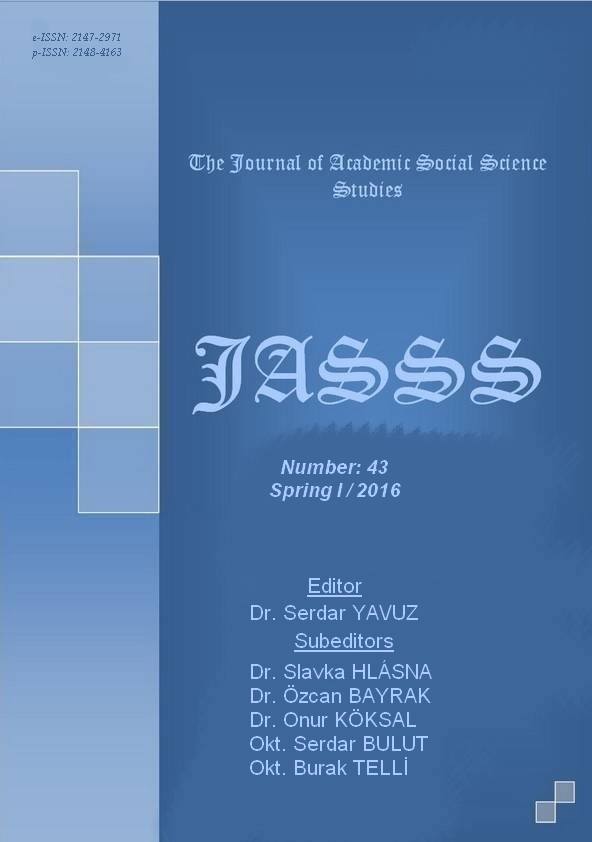Author :
Abstract
Kürt Sorunu, Osmanlı İmparatorluğu'nda; II. Abdülhamit, İttihat ve Terakki dönemlerinden cumhuriyet dönemine kadar yöneticiler nezdinde hassasiyetini koruyan bir konu olmuştur. Cumhuriyet'in ilanından sonra, tek parti ve çok partili dönemlerde de güncelliğini koruyan Kürt Sorunu, 1950-1960 yılları arasında Demokrat Parti döneminde de geleneksel politikaların dışında farklı uygulamalara konu olmuştur. Bu dönemde Kürt Sorunu, yöneticiler tarafından geleneksel olarak sadece asayiş sorunu olarak görülmenin dışında, iç ve dış etkenlerin de etkisiyle ortaya çıkan demokratikleşmeler sonucunda bir "yumuşama" dönemine girmiştir. Bu süreçte tek parti döneminde sürgüne gönderilenlerin yerlerine dönmeleri ve mülklerini edinmelerine izin verilmesi ile meclise temsilci olarak girmeleri en önemli gelişmeler olmuştur. Bu çerçevede Kürt Sorunu, 1934 İskân Kanunu'nun ve Umum Müfettişlikler'in kaldırılması ile çeşitli dernekler ve yayınların da ortaya çıkmasıyla Kürt Kimliği'ne ilişkin bir bilinçlenme meydana gelmiştir. Yine DP döneminde, ülke genelinde uygulanan çeşitli liberal politikaların sonucunda yöneticilerin, önde gelen Kürt ağa ve şeyhleri ile işbirliği ve ittifak içine girmeleri, özellikle bu ağa ve şeyhlerin de etkisiyle DP'nin, doğu ve güneydoğu bölgelerinde CHP'ye nazaran daha fazla güç kazanmasına neden olmuştur. Siyasal ve ekonomik gelişmeler sonucunda DP döneminde ortaya çıkan bu ittifakın da etkisiyle ortaya çıkan Kürt kimliğine ilişkin siyasal ve ideolojik bilinçlenme daha sonraki dönemlerde Kürt Hareketi'nin gelişmesinde önemli etkenlerden biri olmuştur.
Keywords
Abstract
Kurdish problem has been an issue that keeps sensibility in the presence of executives from the periods of Abdulhamid II, Union and Progress Association in Ottoman Empire to the Republic period. After the proclamation of the Republic, the Kurdish problem that has kept up-to-date in single and multi party periods was subjected to different practices out of traditional politics in the period of Democratic Party in 1950-1960. In this period, the Kurdish problem, apart from which was perceived as only public peace problem by executives, got into a “detente term” as a result of democratisation that developed with internal and external factors. During this period, that the ones sent to exile in single party term got into parliament as delegate by being allowed to turn back and appropriate became the most important developments. The Kurdish problem within this scope became awareness regarding Kurdish identity with coming out of removing some associations and publications thanks to the removal of Settlement Law in 1934 and Public Inspectorship. Once more in the period of Democratic Party, that the executives cooperated with Kurdish aga and sheiks as a result of various liberal politics applied all around the country caused Democratic Party to gain more strength in comparison to Republican People’s Party in eastern and southeastern regions. The political and ideological awareness regarding Kurdish identity with the effect of this alliance in consequence of political and economical developments in Democratic Party period became one of the most important factors of Kurdish movement in later periods.





